Blog
Maximizing Operational Efficiency: The Role of Knife Gate Valves in Modern Industrial Applications
In today's rapidly evolving industrial landscape, maximizing operational efficiency is paramount for businesses striving to maintain competitive advantage. One critical component in achieving this efficiency is the knife gate valve, a device specifically designed for handling slurries, powders, and other challenging media in various sectors such as wastewater management, mining, and power generation. According to a recent report by Markets and Markets, the global knife gate valve market is projected to reach $2.5 billion by 2027, indicating a compound annual growth rate (CAGR) of 5.1% from 2020 to 2027. This growth is largely driven by the increasing demand for efficient fluid control systems and the material innovations that enhance the durability and performance of knife gate valves under extreme conditions. As industries seek to optimize their processes, the role of knife gate valves has become increasingly vital, ensuring reliable operation while minimizing downtime and maintenance costs.
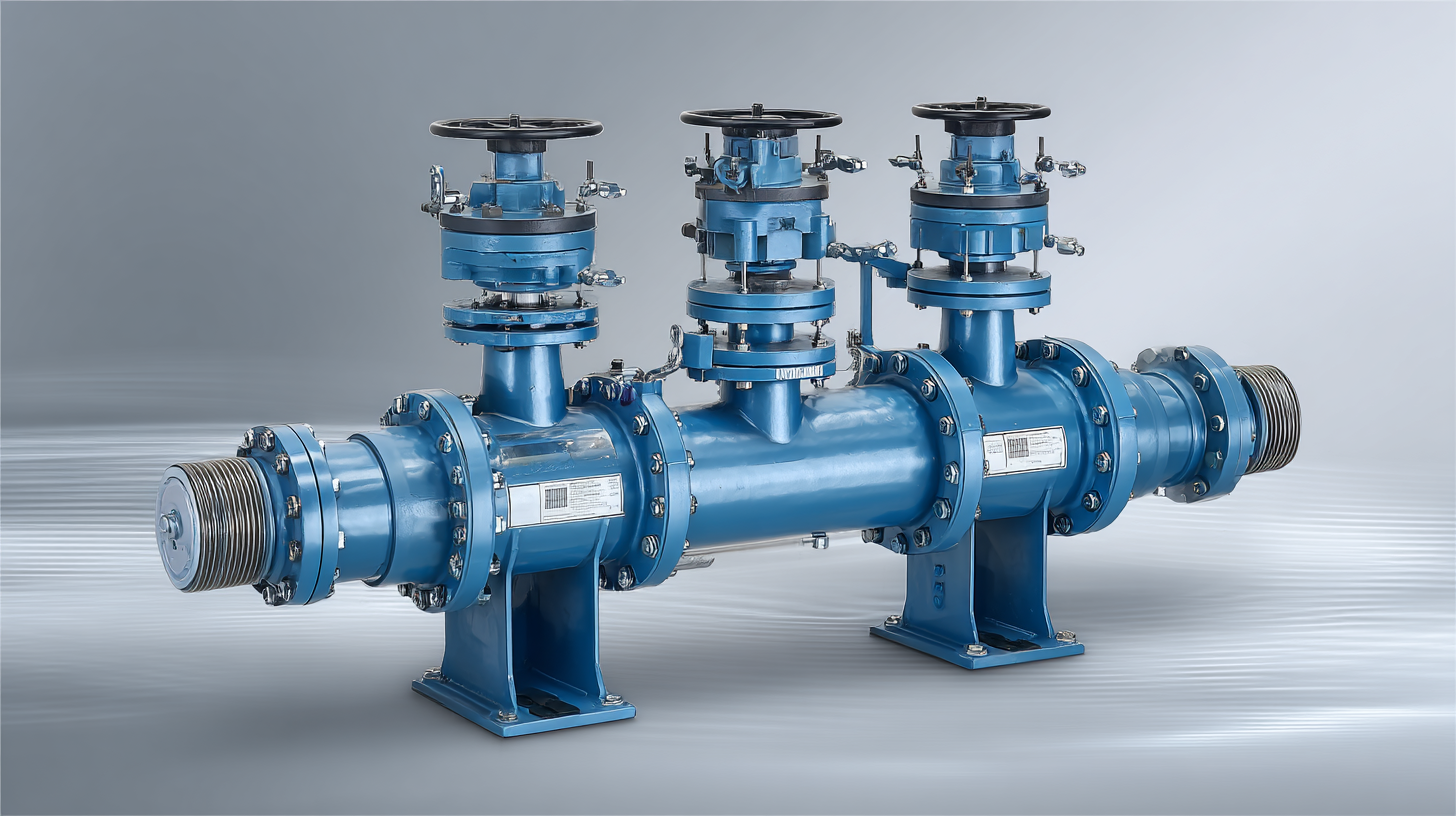
Understanding the Basics: What are Knife Gate Valves and Their Functionality?
Knife gate valves are essential components in modern industrial applications, particularly in processes involving slurries and bulk materials. These valves are designed to provide a tight seal, allowing for precise control of the flow of liquids and solids. Their unique structure features a sharpened blade that cuts through the medium, minimizing the risk of clogging and ensuring efficient operation. This design makes them particularly suitable for industries such as water treatment, mining, and pulp and paper, where operational efficiency is critical.
Tip 1: When selecting a knife gate valve, consider the material compatibility with the medium to avoid corrosion and ensure longevity. Stainless steel and cast iron are popular choices for various applications.
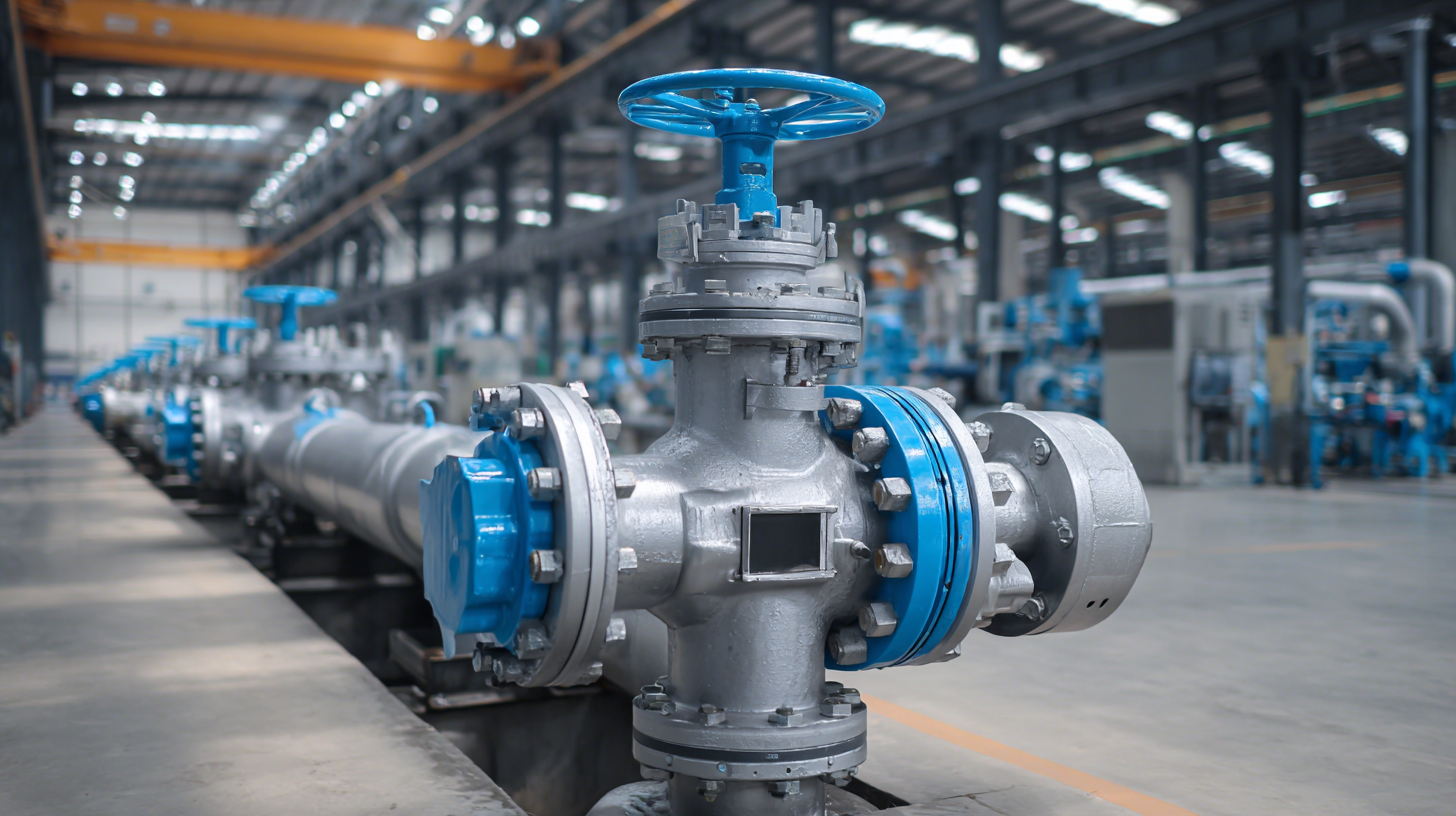
Tip 2: Regularly inspect and maintain the sealing surfaces of knife gate valves to prevent leaks and ensure optimal performance. Maintaining a clean operating environment will prolong the life of the valves and reduce downtime.
Identifying Key Industrial Applications for Knife Gate Valves in Various Sectors
Knife gate valves play a significant role in various industrial applications, particularly in sectors dealing with slurry and abrasive materials. Their design allows for efficient shut-off capabilities, making them ideal for industries such as wastewater treatment, mining, and pulp and paper. The recent introduction of advanced knife gate valve models enhances sealing performance and reduces stress on components, which directly contributes to maximizing operational efficiency.
The global valve market is witnessing notable growth, with projections indicating a substantial increase due to rising safety standards and infrastructure development. For instance, initiatives like the Jal Jeevan Mission in India highlight the urgent need for improved water infrastructure, offering a fertile ground for the adoption of knife gate valves. As industries evolve and demand more reliable and efficient solutions, the integration of innovative valve technologies will be crucial in meeting operational demands across various sectors.
Maximizing Operational Efficiency: The Role of Knife Gate Valves in Modern Industrial Applications
| Sector | Key Application | Benefits of Knife Gate Valves | Typical Materials Used | Operating Pressure Range (psi) |
|---|---|---|---|---|
| Water Treatment | Sludge Management | Reliable isolation, minimal leakage | Cast Iron, Stainless Steel | 150-300 |
| Mining | Ore Processing | High durability, easy maintenance | Carbon Steel, Alloy | 200-400 |
| Pulp and Paper | Fiber Distribution | Efficient medium flow control | Stainless Steel, PVC | 100-250 |
| Chemical Processing | Acid Handling | Corrosion resistance, safety | PVC, PTFE | 50-200 |
| Food and Beverage | Liquid Pouring | Hygienic, easy to clean | Stainless Steel | 30-100 |
Evaluating the Benefits of Knife Gate Valves in Enhancing Operational Efficiency
Knife gate valves play a pivotal role in enhancing operational efficiency across various industrial applications. Designed for on/off flow control, these valves provide a tight seal, which significantly reduces the risk of leakage. Their simplistic design allows for easy installation and maintenance, minimizing downtime during production processes. In industries where space is limited, the compact form factor of knife gate valves allows them to be integrated seamlessly into existing systems, thus optimizing space and resources.
Furthermore, the durability and resilience of knife gate valves make them suitable for handling a wide range of materials, including slurries and viscous fluids. By effectively managing these challenging substances without compromising flow integrity, these valves help maintain system performance and stability. The ability to handle aggressive media with minimal wear also leads to lower replacement costs and reduced environmental impact. As industries strive for higher productivity and cost-effectiveness, integrating knife gate valves emerges as a strategic choice to enhance overall operational efficiency.
Best Practices for Selecting and Installing Knife Gate Valves in Your Operations
When selecting knife gate valves for your operations, it’s crucial to consider the specific application requirements. Start by assessing the fluid properties, including viscosity, temperature, and pressure. These factors will influence the material selection and valve design. Opt for valves made from robust materials that can withstand potential corrosive environments, ensuring longevity and reliability. Additionally, the valve size must match the pipeline specifications to maintain optimal flow rates and prevent unnecessary pressure losses.
Installation practices play a significant role in the performance of knife gate valves. Proper alignment during installation is essential to avoid undue stress on the valve components, which could lead to failure over time. Ensure that the valve is installed in a maintenance-accessible location to facilitate future inspections and repairs. Following the manufacturer's guidelines for installation will also enhance the operational efficiency of the valve, allowing for smooth operation and minimal downtime.
Adopting these best practices will not only maximize the effectiveness of knife gate valves but also contribute to overall operational efficiency in modern industrial applications.
Maintenance Tips to Ensure Longevity and Optimal Performance of Knife Gate Valves
Maintaining knife gate valves is crucial for ensuring their longevity and optimal performance in industrial applications. According to a report by the Valve Manufacturers Association, improper maintenance can reduce the lifespan of these valves by up to 50%. Regular inspection for wear and tear, particularly of the seals and gate, is essential. Utilizing a schedule for routine maintenance can help identify issues before they lead to costly downtime. For instance, conducting visual checks every six months and implementing comprehensive maintenance every two years can significantly extend valve service life.

Additionally, lubrication plays a pivotal role in the performance of knife gate valves. The right type of lubricant can minimize friction and wear, contributing to smoother operation and reduced failure rates. Studies have shown that using proper lubricants can improve valve performance by 30%. Furthermore, opting for high-quality materials in manufacturing can greatly enhance durability, particularly in abrasive environments typical of many industrial processes. Ensuring that maintenance staff is well-trained in these procedures can lead to increased operational efficiency, minimizing disruptions and maximizing productivity in the long run.
Related Posts
-
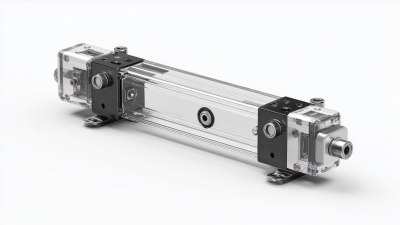
Unlocking Automation: The Future of Electric Actuators in Smart Technology
-

Understanding the Importance of Spring Check Valve in Modern Plumbing Systems
-
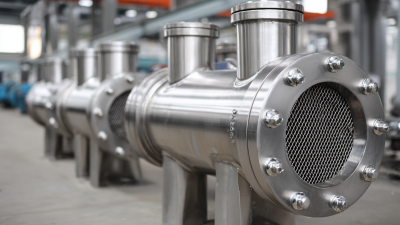
How to Choose the Right Basket Strainers for Your Industrial Needs
-

Why Pneumatic Rotary Actuators Are Essential for Modern Automation
-
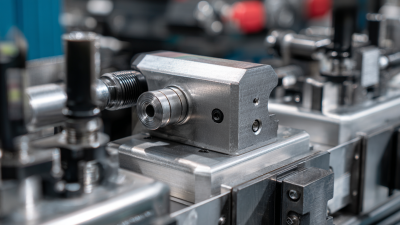
Revolutionizing Industrial Automation with Cutting-Edge Pneumatic Valve Actuators
-
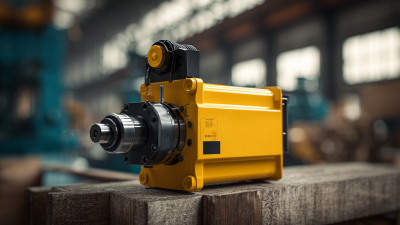
Understanding Electric Actuators: Revolutionizing Automation in Modern Industries
